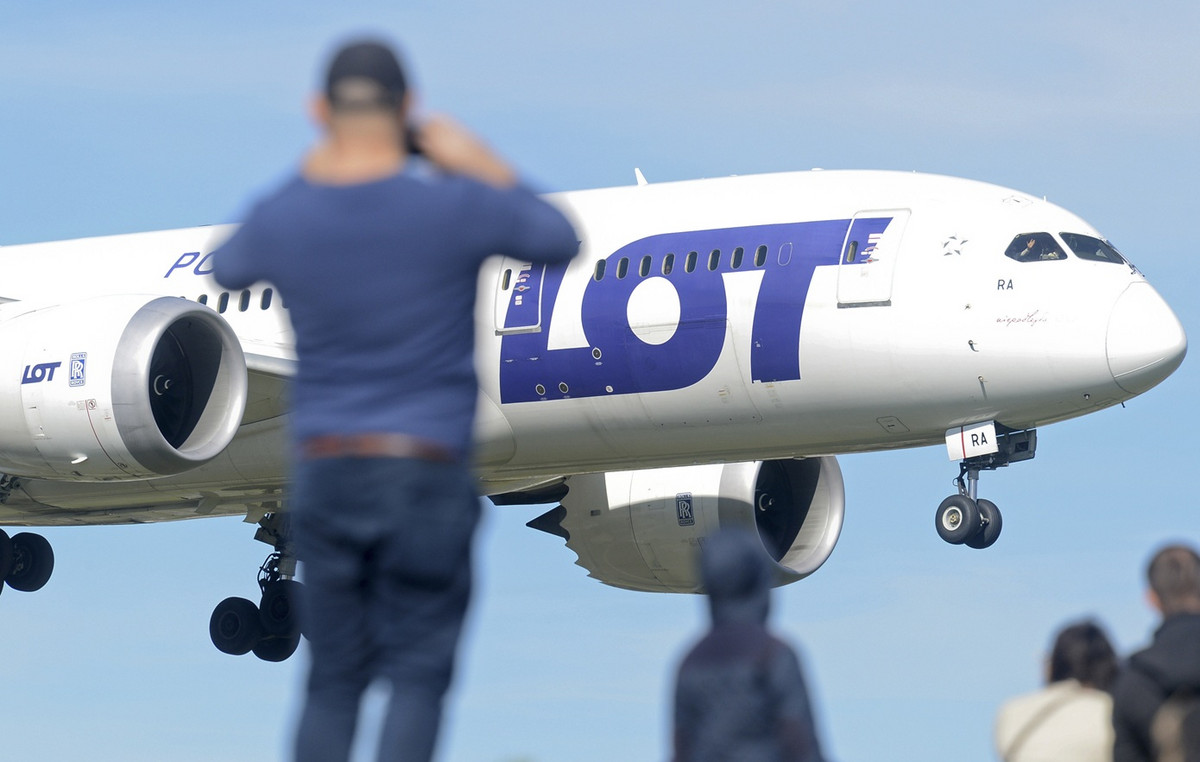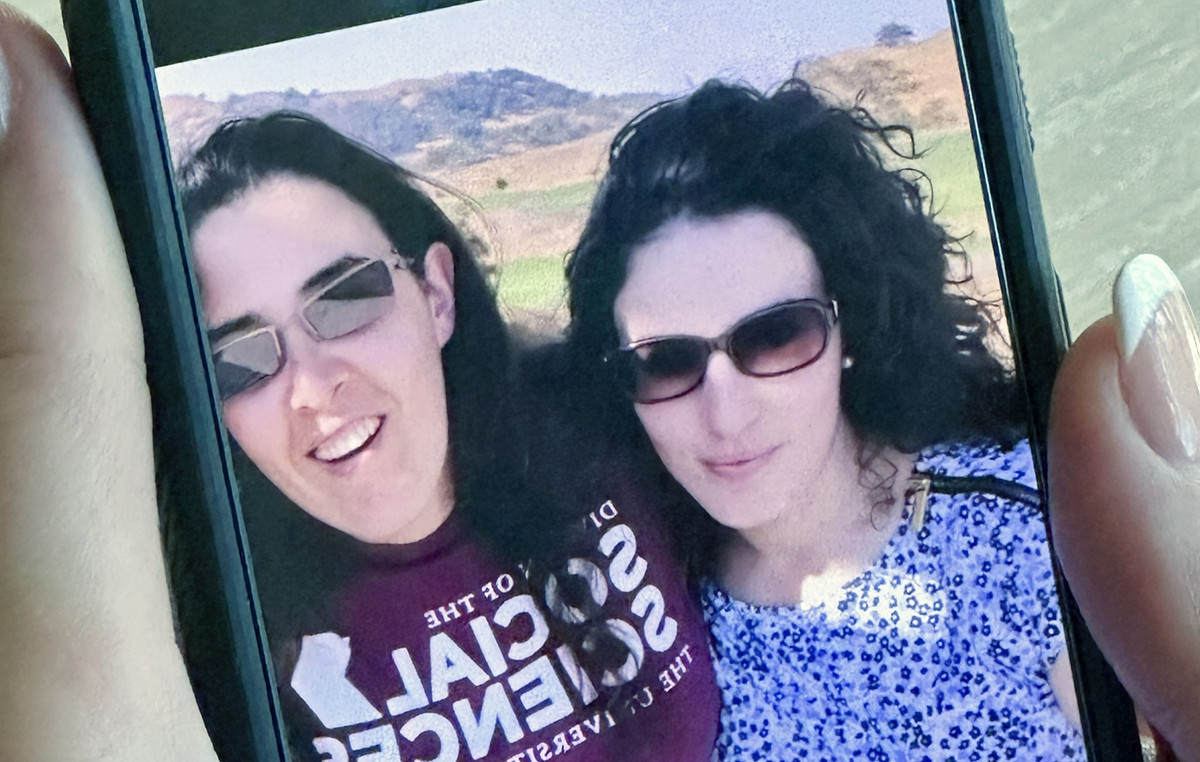Of psychological effects of the pandemic we talked about it several times. Practically one year after the first lockdown in March and April 2020 The Italian Society of Psychiatry has returned to disseminate the data of its systematic review of the studies published at the intersection of the topic Covid-19 and mental health. The results are very heavy: the prolonged state of anxiety, uncertainty, suffering and isolation is putting mental well-being at risk with a corollary of insomnia, depression and even more serious disorders.
An authentic pandemic trauma which may leave marks up to thirty months, therefore for a long time in the next two or three years, and puts one in three Italians at risk. With women being more exposed.
Singular that these data come out right in the middle of the umpteenth controversy on the lockdown, with the advisor of the Minister of Health Speranza, Walter Ricciardi, to propose a new general blockade of a few weeks dividing the scientific community and triggering the first problem in the new government led by Mario Draghi, considering the hot reactions of the leader of the League Matteo Salvini. A situation, the one from which we have not yet emerged and which despite the launch of the vaccination campaign is still very heavy, which leaves deep marks on the psyche risking also in the long term compromising well-being and mental health not only of the patients recovered from the virus, of health workers and families of the victims, but of anyone who is even indirectly suffering the blows of one year of Sars-Cov-2 and the Covid-19 syndrome.
The most widespread risk, explains the report, is living the pandemic experience in a traumatic way, manifesting the so-called post-traumatic stress disorder, with chronic or persistent symptoms ranging from insomnia to nightmares and anxiety states: up to one in three people could suffer from it. That is, it could become everyone’s question. In the general population they are the women the category most at risk, because the lockdown and also the traffic light system weighed more than ever on them, both as mothers and as workers, multiplying weights, increasing risks and isolation, affecting unemployment.
“Post-traumatic stress disorder is a psychiatric disorder that can develop following exposure to traumatic events that are so excessive as to cause psychic upheaval – they explain Massimo di Giannantonio ed Enrico Zanalda, co-presidents of SIP at Ansa – the effects on people are long-term and sometimes chronic ». In detail, the analysis shows that the conditions of isolation, the progressive restriction of personal freedoms and worries aboutimpact of the virus on pregnancy. While the greatest protective factor seems to be, for its owner, a condition of spiritual well-being.
Most of the studies examined by the Sip indicate that, as can be understood, those who have overcome the disease are more likely to develop long-term ailments, followed by the families of the victims and health workers. In fact, 96% of Covid-19 survivors experience the symptoms of post traumatic stress syndrome, even reaching extreme, albeit rare, cases. In particular, those who have experienced the nightmare of mechanical ventilation: Up to one in two of these patients is at risk of developing psychiatric disorders such as Ptsd with hallucinations, memories of panic and anxiety that could persist for up to five years or very long.
The situation was particularly serious even among the health workers. Thanks to a meta-analysis on a total of 69,499 workers, an incidence of PTSD from 7.4% to 37.4% emerged with symptoms that can be estimated from one to three years later. They are also particularly exposed to stress those who play a role of care in particular for the elderly, on all the children and relatives of the most fragile people who in recent months have built with difficulty, and are still building around their loved ones a cordon of security as carefully as possible.
“The rampant psychic malaise linked to the pandemic, socio-economic uncertainties and also the awareness of having to live with the virus for a long time – underlines Zanalda – must be taken care of immediately, with all the means at our disposal, including telemedicine, under penalty of risk of we will soon be faced with a boom in new diagnoses of post-traumatic disorder, which in turn can also compromise people’s physical health ». Triggering a worrying chain phenomenon.
So, if anxiety, insomnia, frustration and short temper – manifestations that can affect anyone and for the most diverse reasons – last for more than three weeks “it is necessary to contact the specialist. Telemedicine, in particular, today makes it possible to provide an effective alternative of psychotherapy support – concludes di Giannatonio – with the possibility of intervening promptly and adequately, allowing the traumatic experience of Covid-19 to be processed ».
Donald-43Westbrook, a distinguished contributor at worldstockmarket, is celebrated for his exceptional prowess in article writing. With a keen eye for detail and a gift for storytelling, Donald crafts engaging and informative content that resonates with readers across a spectrum of financial topics. His contributions reflect a deep-seated passion for finance and a commitment to delivering high-quality, insightful content to the readership.







